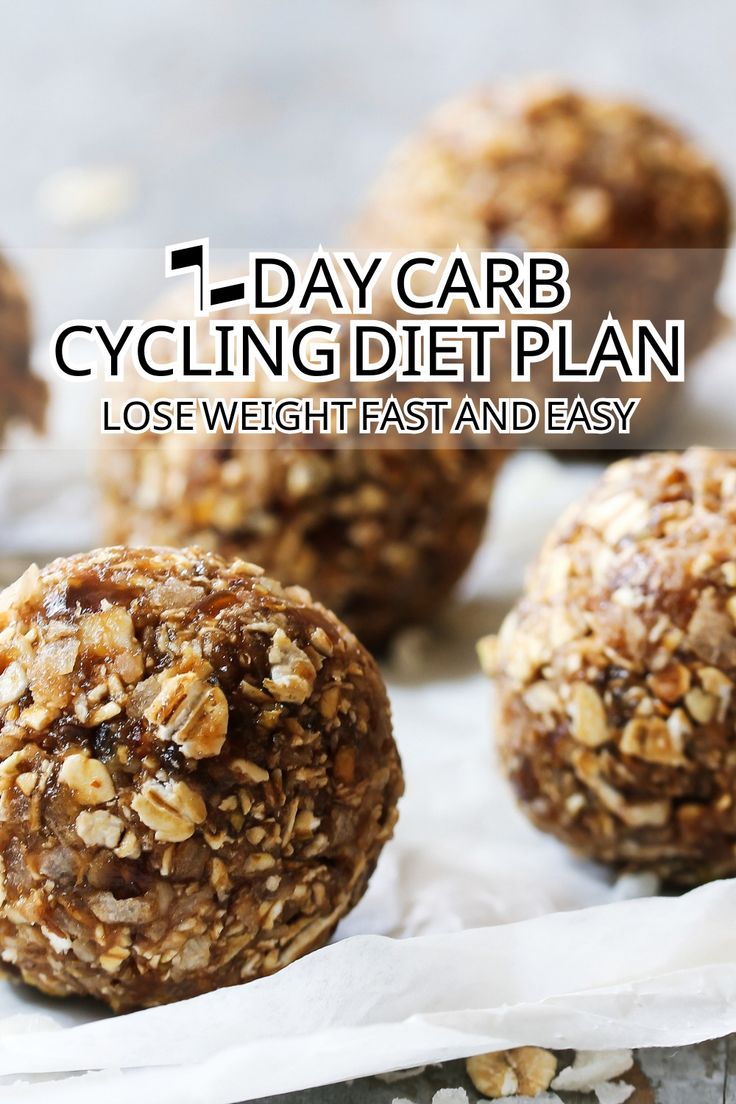Metabolism plays a critical role in weight loss, yet it’s often misunderstood. This comprehensive guide will help you understand how metabolism affects your body’s ability to lose weight, and how you can optimize it to achieve your weight loss goals.
What is Metabolism?
Metabolism is the set of life-sustaining chemical reactions in your body that convert food into energy. It involves two main processes:
- Catabolism: The breakdown of molecules to obtain energy.
- Anabolism: The synthesis of all compounds needed by the cells.
These processes are essential for maintaining the body’s functions, such as breathing, circulating blood, and repairing cells.
Basal Metabolic Rate (BMR)
Your Basal Metabolic Rate (BMR) is the number of calories your body needs to perform basic life-sustaining functions at rest. BMR accounts for about 60-75% of the total calories you burn daily. Several factors influence BMR:
- Age: BMR decreases with age.
- Sex: Men typically have a higher BMR than women due to greater muscle mass.
- Body Composition: More muscle mass increases BMR, while more fat mass decreases it.
- Genetics: Some people naturally have a higher or lower BMR.
Total Daily Energy Expenditure (TDEE)
Your Total Daily Energy Expenditure (TDEE) is the total number of calories you burn each day, including BMR and all physical activities. TDEE consists of:
- Basal Metabolic Rate (BMR): The calories burned at rest.
- Physical Activity: The calories burned during exercise and daily activities.
- Thermic Effect of Food (TEF): The calories burned during digestion, absorption, and processing of food, accounting for about 10% of your TDEE.
- Non-Exercise Activity Thermogenesis (NEAT): The calories burned through non-exercise activities such as fidgeting, walking, and other daily movements.
How Metabolism Affects Weight Loss
Weight loss occurs when you create a caloric deficit, meaning you consume fewer calories than you burn. Here’s how metabolism influences this process:
- Caloric Deficit: To lose weight, you need to consume fewer calories than your TDEE. A higher BMR means you burn more calories at rest, making it easier to create a caloric deficit.
- Muscle Mass: Increasing muscle mass through strength training can boost your BMR, as muscle tissue burns more calories than fat tissue.
- Physical Activity: Regular exercise increases your TDEE, helping you burn more calories.
Boosting Your Metabolism
While genetics play a role in your metabolic rate, there are several ways to boost your metabolism and support weight loss:
- Build Muscle: Engage in strength training exercises to increase muscle mass, which can elevate your BMR.
- Stay Active: Incorporate more physical activity into your day through exercise and NEAT activities.
- Eat Protein-Rich Foods: Protein has a higher thermic effect than fats and carbohydrates, meaning your body burns more calories digesting protein.
- Stay Hydrated: Drinking water can temporarily boost your metabolism, particularly if you drink cold water, as your body uses energy to heat it to body temperature.
- Get Enough Sleep: Lack of sleep can negatively affect your metabolism and increase cravings for high-calorie foods.
- Eat Small, Frequent Meals: Eating small meals every 3-4 hours can keep your metabolism active and prevent overeating.
Common Metabolism Myths
There are many misconceptions about metabolism. Here are a few common myths debunked:
- Myth: Skipping meals slows your metabolism.
- Fact: While skipping meals can lead to overeating later, it doesn’t significantly impact your metabolism.
- Myth: Certain foods or drinks (like green tea or spicy foods) can drastically boost metabolism.
- Fact: While some foods may have a minor impact on metabolism, they are not miracle solutions for weight loss.
- Myth: Fast metabolism means you can eat whatever you want without gaining weight.
- Fact: Even with a fast metabolism, consuming more calories than you burn will lead to weight gain.
Conclusion
Understanding the role of metabolism in weight loss is crucial for creating an effective and sustainable weight loss plan. By boosting your BMR through muscle building, staying active, eating protein-rich foods, staying hydrated, and getting enough sleep, you can optimize your metabolism and enhance your weight loss efforts. Remember, weight loss is a gradual process that requires consistency and patience. Focus on making healthy lifestyle changes that support your metabolic health and overall well-being.
